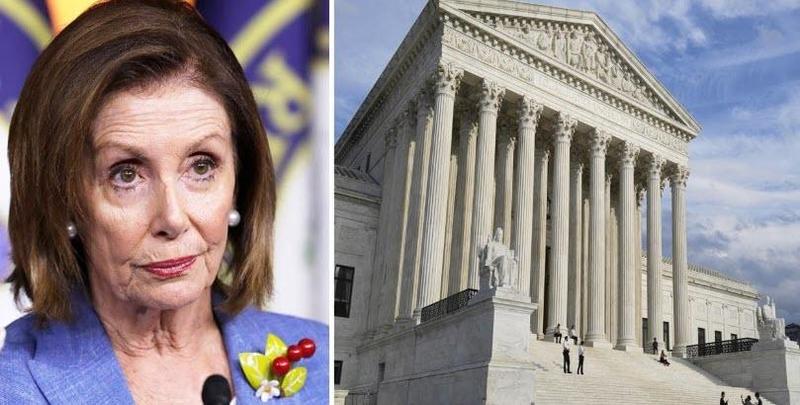Authored by Alan Dershowitz, op-ed via The Hill,
The decision by the Supreme Court to review the lower court rulings involving congressional and prosecution subpoenas directed toward President Trump undercuts the second article of impeachment that passed the House Judiciary Committee along party lines last week.

That second article of impeachment charges President Trump with obstruction of Congress for refusing to comply with congressional subpoenas in the absence of a final court order. In so charging him, the House Judiciary Committee has arrogated to itself the power to decide the validity of its subpoenas, as well as the power to determine whether claims of executive privilege must be recognized, both powers that properly belong with the judicial branch of our government, not the legislative branch. The House of Representatives will do likewise, if it votes to approve the articles, as is expected to occur on Wednesday.
President Trump has asserted that the executive branch, of which he is the head, need not comply with congressional subpoenas requiring the production of privileged executive material, unless there is a final court order compelling such production. He has argued, appropriately, that the judicial branch is the ultimate arbiter of conflicts between the legislative and executive branches. Therefore, the Supreme Court decision to review these three cases, in which lower courts ruled against President Trump, provides support for his constitutional arguments in the investigation.
The cases that are being reviewed are not identical to the challenged subpoenas that form the basis for the second article of impeachment. One involves authority of the New York district attorney to subpoena the financial records of a sitting president, as part of any potential criminal investigation. The others involve authority of legislative committees to subpoena records as part of any ongoing congressional investigations.
But they are close enough. Even if the high court were eventually to rule against the claims by President Trump, the fact that the justices decided to hear them, in effect, supports his constitutional contention that he had the right to challenge congressional subpoenas in court, or to demand that those issuing the subpoenas seek to enforce them through court.
It undercuts the contention by House Democrats that President Trump committed an impeachable offense by insisting on a court order before sending possibly privileged material to Congress. Even before the justices granted review of these cases, the two articles of impeachment had no basis in the Constitution. They were a reflection of the comparative voting power of the two parties, precisely what one of the founders, Alexander Hamilton, warned would be the âgreatest dangerâ of an impeachment.
more,,,,,,,,,,,,
http://www.zerohedge.com/political/did-supreme-court-just-pull-rug-out-under-article-impeachment?utm_source=feedburner&utm_medium=feed&utm_campaign=Feed%3A+zerohedge%2Ffeed+%28zero+hedge+-+on+a+long+enough+timeline%2C+the+survival+rate+for+everyone+drops+to+zero%29

Realist - Everybody in America is soft, and hates conflict. The cure for this, both in politics and social life, is the same -- hardihood. Give them raw truth.
